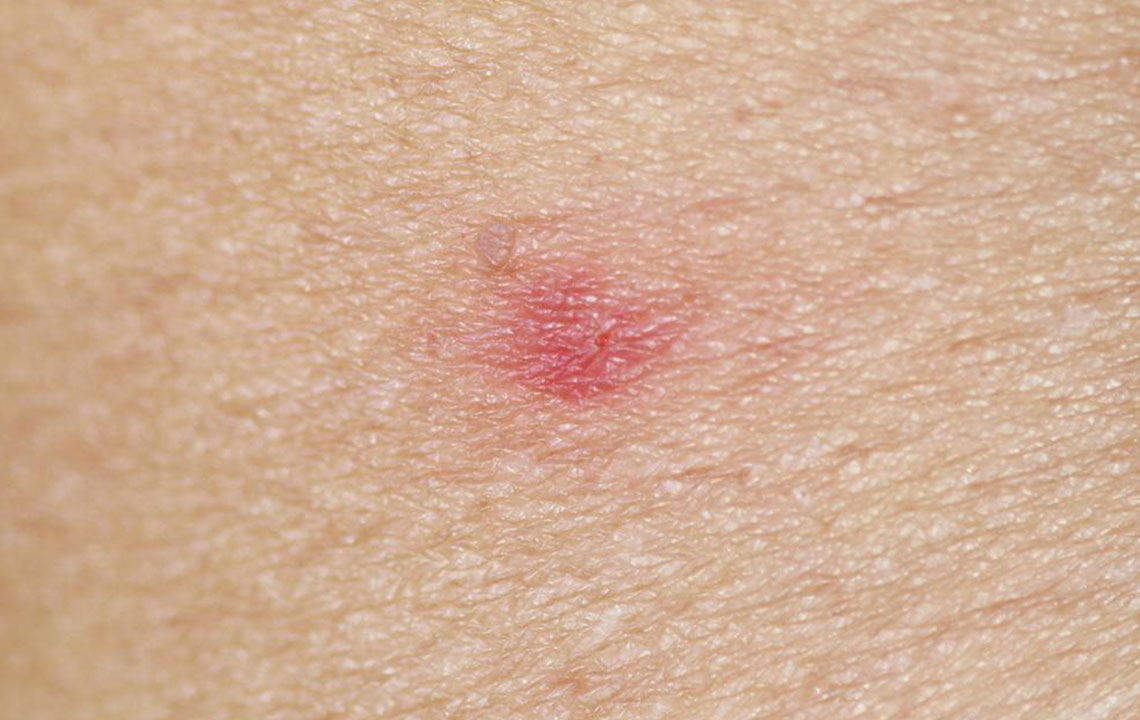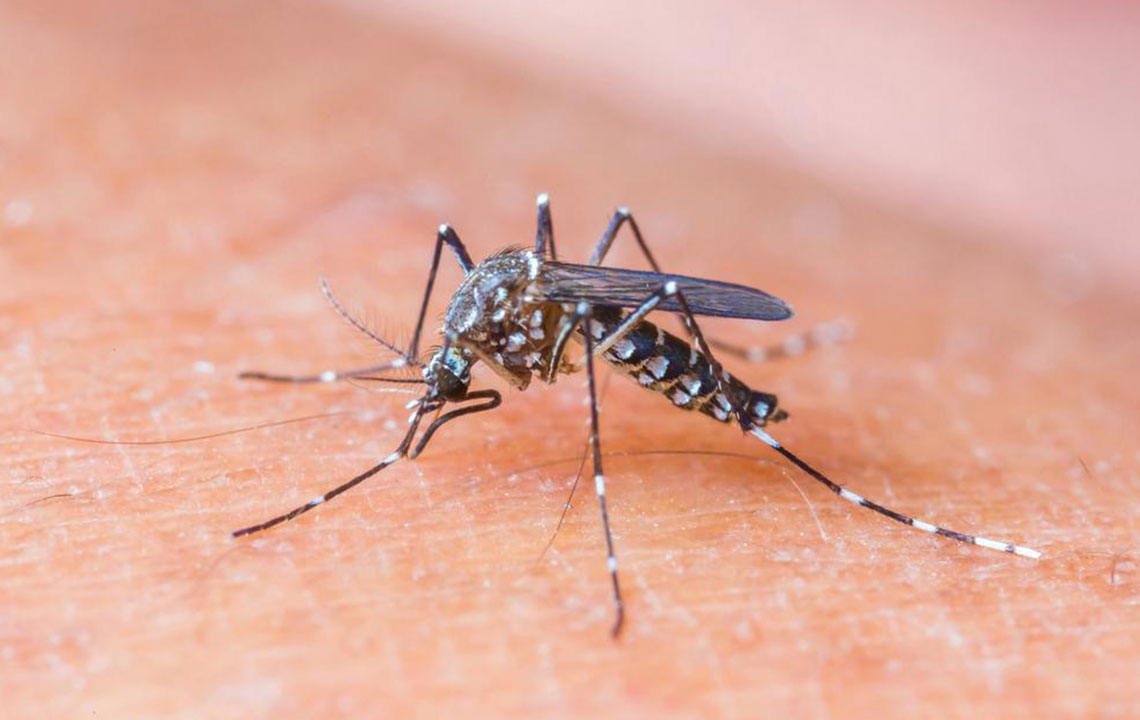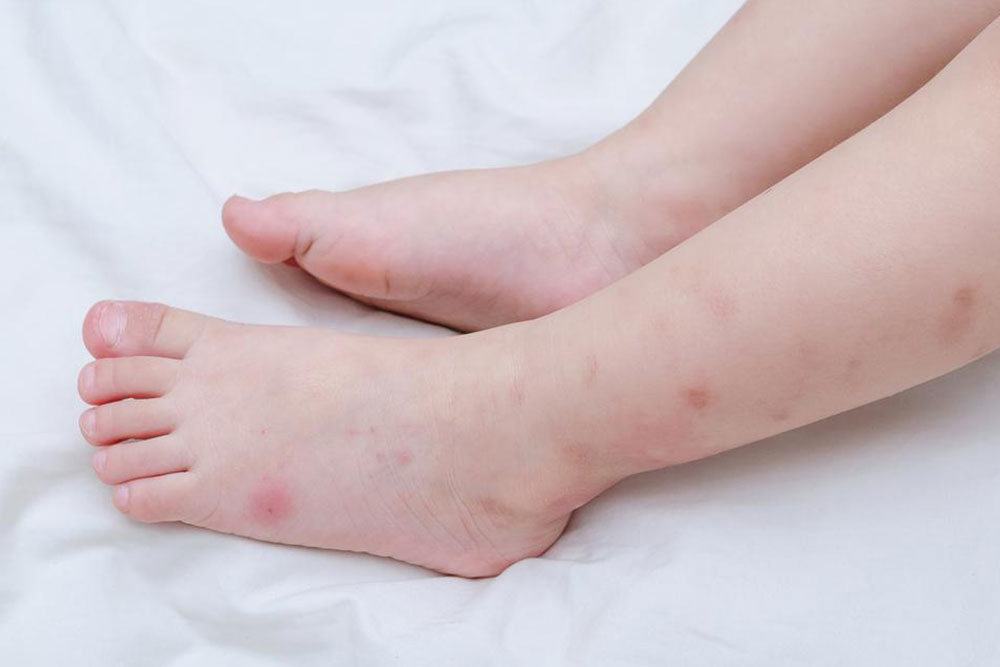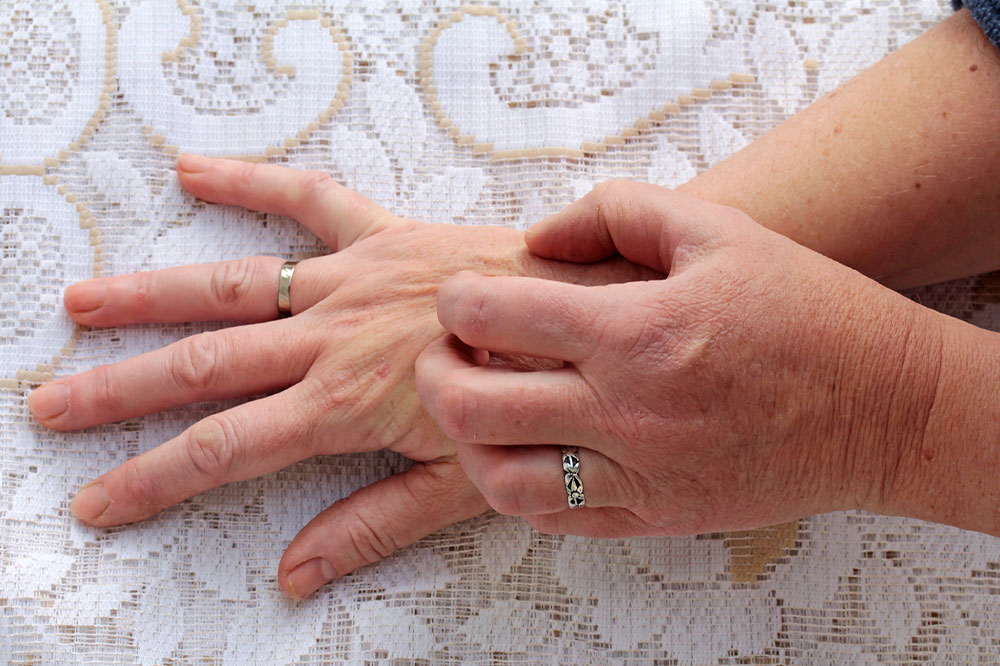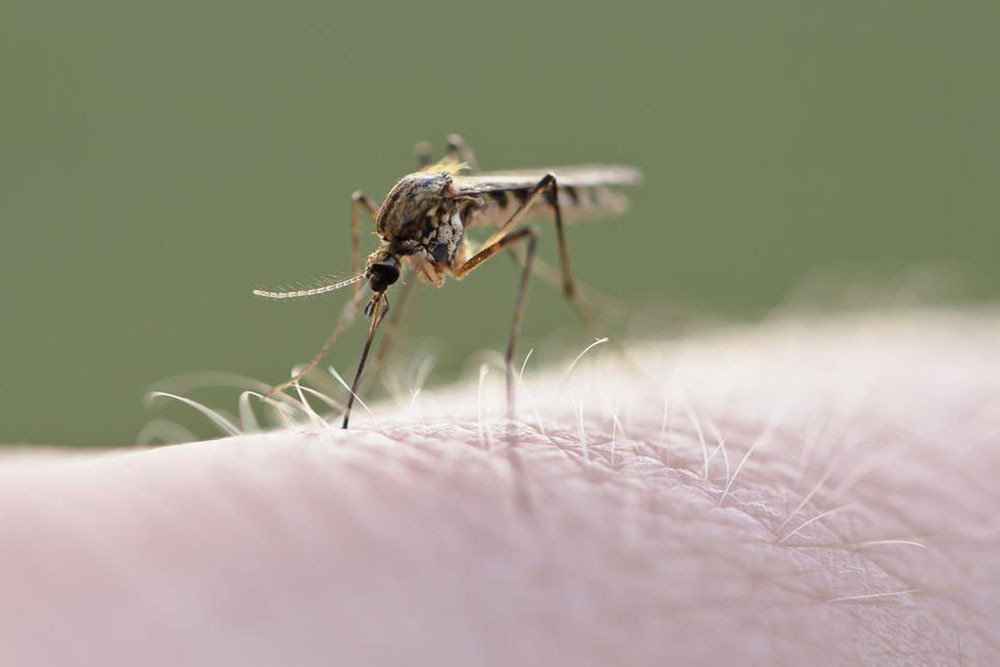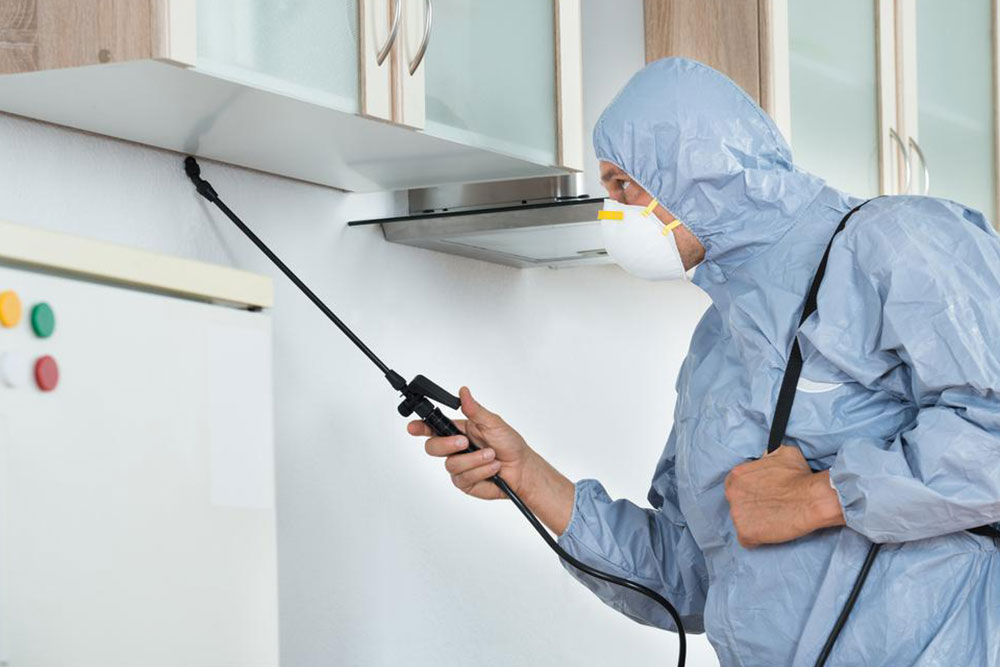How to Recognize Different Insect Bites and Stings
Learn how to identify various insect bites such as bed bugs, spiders, mosquitoes, fleas, and flies. Recognizing symptoms early helps in choosing the right treatment and avoiding health complications. This guide provides key signs and indicates when to seek medical help to ensure proper care and relief from discomfort.
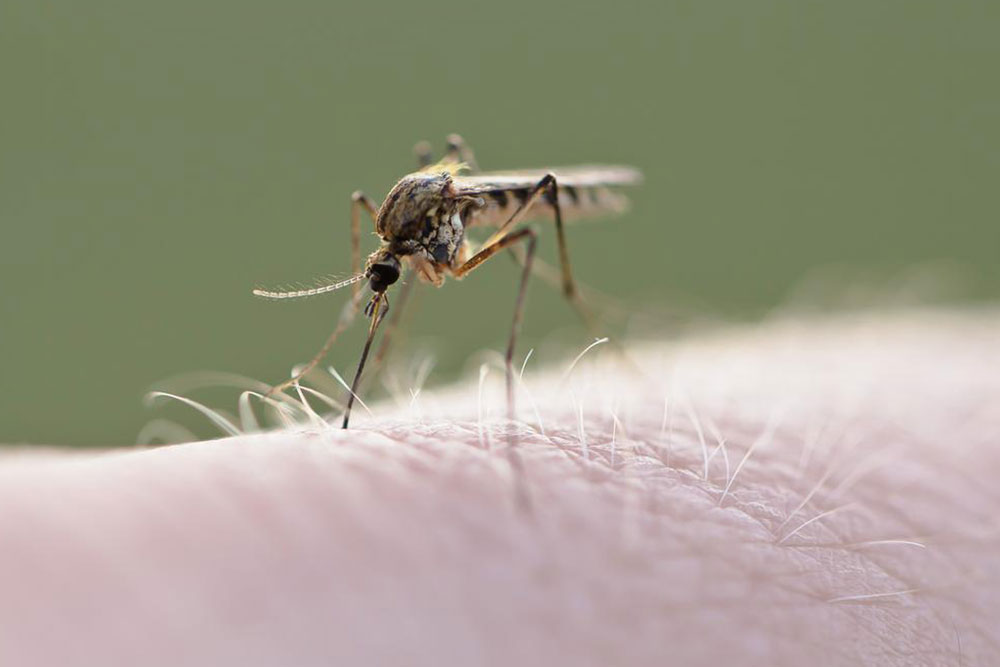
How to Recognize Different Insect Bites and Stings
Insects and bugs generally bite or sting when they feel threatened. For instance, spiders, bees, and wasps will react if disturbed. Other insects like bed bugs, mosquitoes, ants, and fleas can bite unexpectedly. Prompt first aid is essential to prevent infections or health risks. Recognizing the type of insect bite is key to effective treatment.
Once you identify the symptoms, choosing the right remedy to reduce discomfort becomes easier.
Below are common signs to help identify insect bites. If symptoms match, seek medical advice promptly for proper diagnosis and treatment.
Bed bug bites: Look for swollen red skin with a dark spot, often in clusters or a line. Photos online can help identify these bites more easily.
Spider bites: Symptoms include blisters, ulcers, two small puncture marks, pain, cramps, sweating, headache, muscle pain, purple skin, and redness. These signs help distinguish spider bites from other bites.
Mosquito bites: Characterized by itching, round swollen bumps, redness, and sometimes multiple bites in the same area. A burning sensation and swelling can follow.
Flea bites: Typically appear on feet and lower legs, with itchy red bumps surrounded by a reddish halo.
Fly bites: Includes bites from sand flies, tsetse flies, and deer flies. Signs include red bumps or blisters, often painful and prone to infection as these flies feed on blood.
Note: Our blog offers diverse, practical information based on research. However, it shouldn't replace professional medical advice. We aren't responsible for inaccuracies or missing details across different sources. Always consult a healthcare professional for accurate diagnosis and treatment options.

